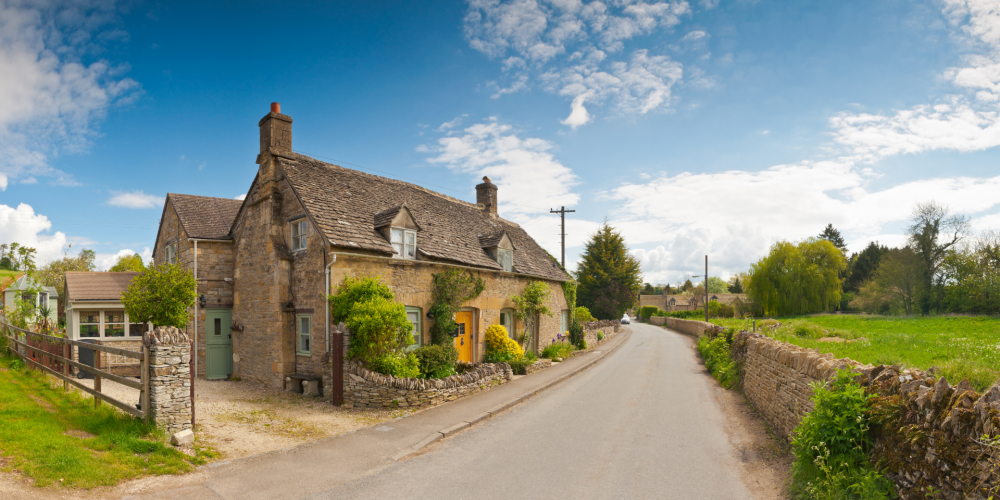Living in a vibrant place is fun: heaps of bars, restaurants, activities and loads of people, it’s great! But how fun is it when you just want a bit of peace and quiet after a long day? How fun is it when it’s 2 am, and the flat across the road is blasting music
When you are searching for a home, it can be difficult to predict the loudness of an area. It is hard to guess the noise of potential neighbours. You do not know things such as how many cars drive by or how many people use your road as a route home each night after a jolly evening out! However, there are indications that you can look out for before purchasing a home. There are also things that you can do to make your home even quieter. We understand the beauty of peace and a good night’s sleep, so, today, the team at Houso would like to offer you a few helpful top tips for a quieter home.
You may have found a great home, but there are so many things to consider regarding noise. The first thing to deliberate is your future neighbours. Sellers are legally bound to let you know if they have had any serious disputes with their neighbours – but if you don’t ask then you won’t know, so ask! Serious disputes may include such things as written complaints or complaints to the local council. Neighbours are possibly more of a concern if you are moving into a flat or apartment. Moving into the top floor is a safe bet as nobody lives above you. The top floor is also furthest away from the entrance and street noises such as traffic.
So, now you’ve done some research about your potential future neighbours, what else do you need to think about? Noises can come from many sources. These sources are dependent on where you live. They can range from farmyard tractors, runway aeroplanes to forest-filled owl hoots! We cannot possibly write every possibility, but we have compiled a small list to get you started.
Consider this list and try to look out for any other ‘warning’ signs dependent on the house and its area:
– Is the home located next to a train line?
– Is there a bus stop outside?
– Local busy pubs, clubs or restaurants?
– Local police/fire station, hospital or ambulance hub?
– Do HGVs (Heavy Goods Vehicles) use your road?
– Are there traffic lights outside?
– Speed bumps/humps? These may slow traffic, but they increase noise.
– Are any homes nearby house shares, or do they contain students?
– Do neighbours have loud dogs?
– Churches or mosques nearby?
– Manhole covers or potholes?
– Schools, colleges or universities?
You’ll be very lucky to find a home without any of the above! You could visit homes a few times at different times of the day before making a purchase. Also, remember that even in isolated or peaceful locations, that things can change over time. Look out for warning signs like disused premises which could change into noisy development sites in the future.
So, what about the property itself? If you want to know more about a home’s sound installation, you can ask a surveyor. Old buildings should have been converted by now to new regulations that will reduce sound. There has been lots of recent safeguarding regarding things like fireproofing and acoustics. After you have bought a home, you can add double glazing, sound installation, thick curtains, and soft furnishings to absorb high noise levels.
Download our FREE Houso App today to find your perfect home: for Android or Apple devices.

